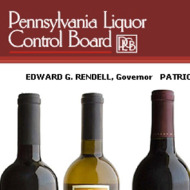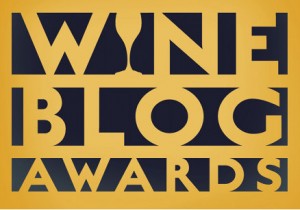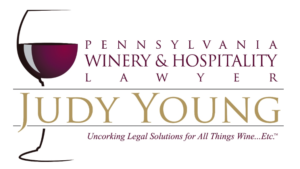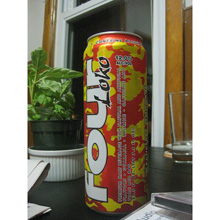Have you ever been curious as to why all the liquor stores in Pennsylvania are stated owned and operated? Have you ever wondered why Pennsylvania is routinely referred to as a “control state?” You may be surprised to learn that Pennsylvania’s alcohol and beverage industry is run by the Pennsylvania Liquor Control Board (PLCB).
operated? Have you ever wondered why Pennsylvania is routinely referred to as a “control state?” You may be surprised to learn that Pennsylvania’s alcohol and beverage industry is run by the Pennsylvania Liquor Control Board (PLCB).
The PLCB is an administrative board consisting of three members each appointed by the Governor of Pennsylvania with advice and consent of two-thirds of the Senate. The three PLCB members are Chairman Patrick J. Stapleton III, Thomas F. Goldsmith, and Robert S. Marcus.
The PLCB’s acts as both participant and regulator in Pennsylvania’s alcohol and beverage industry. In the beer industry, PLCB acts as regulator only. As a “control” state, Pennsylvania restricts private retail ownership of distribution outlets in the state. The PLCB acts as wholesaler, purchasing liquor from manufacturers. The PLCB then sells liquor to its liquor licensees who in turn sell to the public for on-premise consumption. As retailer, PLCB sells to the consumer via its state store system for off premise consumption. These stores are known as “Wine and Spirit” stores. The PLCB is one of the largest purchasers of wine and spirits in the United States. Sales at state operated Wine and Spirit stores reached a record 1.84 Billion in fiscal year 2008-2009.
Enforcement of Pennsylvania’s liquor laws is handled by the Pennsylvania State Police Bureau of Liquor Control Enforcement (BLCE). Today the PLCB operates over 600 stores. The PLCB issues and renews approximately 21,000 licenses annually.
Licensing by the PLCB is based on a quota system. The PLCB limits the number of liquor licenses based on population. The license application process is governed by the Liquor Code and Board Regulations.
So who’s in control of the Commonwealth’s liquor industry? The Pennsylvania Liquor Control Board that’s who!!
 It’s that time again folks! The nomination period is open for the 2011 Wine Blog Awards. We can look forward again to seeing which social media wine bloggers are giving American media a run for its juice. Will your winery’s blog be chosen to be amongst this year’s nominees?
It’s that time again folks! The nomination period is open for the 2011 Wine Blog Awards. We can look forward again to seeing which social media wine bloggers are giving American media a run for its juice. Will your winery’s blog be chosen to be amongst this year’s nominees?
 to have longer “happy hours”. The bill is aimed at giving restaurants and bars greater flexibility and would also allow them to sell more wine to patrons for off premise consumption at offsite catering events.
to have longer “happy hours”. The bill is aimed at giving restaurants and bars greater flexibility and would also allow them to sell more wine to patrons for off premise consumption at offsite catering events.  young people who are drinking the fruity flavored caffeinated alcohol energy drink.
young people who are drinking the fruity flavored caffeinated alcohol energy drink. operated? Have you ever wondered why Pennsylvania is routinely referred to as a “control state?” You may be surprised to learn that Pennsylvania’s alcohol and beverage industry is run by the
operated? Have you ever wondered why Pennsylvania is routinely referred to as a “control state?” You may be surprised to learn that Pennsylvania’s alcohol and beverage industry is run by the